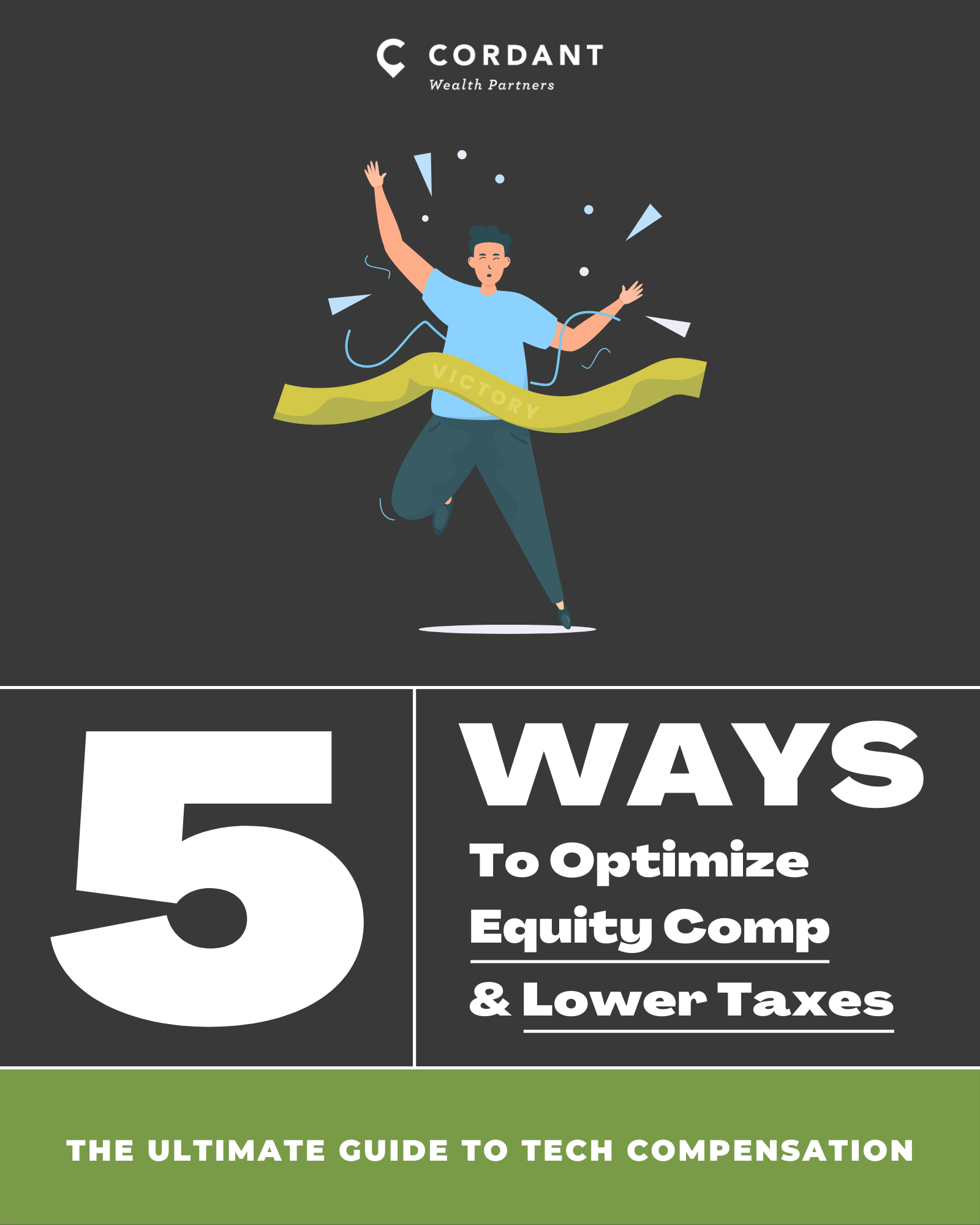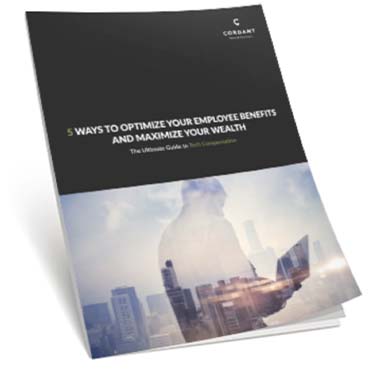What’s your motivation for investing?
Simply answering this question and keeping it top of mind will make you a better investor. So says a recent study by the CFA Institute and the State Street Center for Applied Research.
Whether you’re a D.I.Y. investor, an individual working with an advisor, or a financial professional, understanding the motivation and purpose of individuals when investing should be an easy way to improve outcomes.
Investing with purpose should be easy. It’s not difficult to remind yourself why you are investing in the first place. To set up your strategy and tactics to this aim. To review your results in the context of what you are investing for.
But, all too often, it’s easier said than done. It’s natural to get caught up in short-term thinking and performance chasing. To compare results with a colleague or neighbor even though your goals, risk tolerance, and strategy make it an apple to orange comparison.
Cordant was founded on the principles of purpose. “Intention” is a word we use a lot around here and even the first line in my bio states “begin with the end in mind” implying starting with objectives first. But, it takes constant reflection to keep this in mind.
A recent study by the CFA Institute and the State Street Center for Applied Research shows just how important it is to remember what we are trying to accomplish—to invest with purpose.
The study, titled Discovering Phi: Motivation as the Hidden Variable of Performance, takes a serious look at our industry and its ability to help clients achieve their desired outcomes. “Phi” stands for the alignment of purpose, with habits and incentives.
Through surveys with more than 3,300 investment professionals the authors found:
- “53% of investment professional said they pursued a career in investment management because they were passionate about financial markets.”
- But sadly, only “28% of respondents said they remain in the investment management industry for the purpose of helping clients in achieving financial goals.”
This disconnect, dubbed this “Passion without Purpose,” doesn’t produce sustainable, long-term results. They found that:
The results of our analysis were exceptional: A one point increase in Phi is associated with 28% greater odds of excellent organizational performance, 55% greater odds of excellent client satisfaction and 57% greater odds of excellent employee engagement.
And this doesn’t just apply to those in the industry; it applies to individual investors (i.e., clients) as well.
They found those with a low sense of purpose for their wealth, those drawing financial motivation from fear and avoidance of negative consequences (i.e., low “Phi”) leads them to be:
- More likely to buy an investment after it has gained significant value,
- More likely to sell an investment after a significant loss,
- And less likely to save and plan for the future.
This low sense of purpose creates a situation where “anxiety is created by the feeling of lagging significantly behind your peers and your own goals, promoting a sense of defeat and resulting in “throwing in the towel” reactions.”
In contrast, those investing with a sense of purpose for their wealth, those deriving financial motivation from goal setting and attainment (i.e., high “Phi”) have:
- 79% greater odds that an investor avoids potentially excessive trading (i.e., more than quarterly).
- 42% greater odds an investor knows what they pay in fees,
- 37% greater odds that an investor does not reject using a financial advisor,
- And, 22% greater odds that an investor believes the industry acts in its clients’ best interests.
So, what is the purpose of wealth management? Why are you investing?
It isn’t just to create more wealth. It isn’t the short-term chase to outperform. For most, the purpose of wealth is to allow you to do what you want to do. To follow your passion. To get more out of life. Consider the following quote by the Stoic philosopher Epictetus:
“Philosophy does not claim to get a person any external possession. To do so would be beyond its field. As wood is to the carpenter, bronze to the sculptor, so our own lives are the proper material in the art of living.”
Just like the goal of a carpenter isn’t to obtain more wood, or the sculptor more bronze, the point of wealth isn’t as empty as getting more. The sculptor may very well need more bronze, but it’s for a purpose, to make a beautiful piece of art. Not more for the sake of more.
I find the holidays to be a very good time for reflection—looking back at the year that was and looking forward to the year ahead. And this year, I urge you to reflect on your purpose and motivation for investing.
For those working in the investment industry, use this time to consider why you are in the business. I challenge you to align your passion for the markets with the purpose of why you are doing it—which is, hopefully, to help clients accomplish their goals.
And for the clients of our industry, bear in mind what you are trying to achieve. It’s easy to get caught up in comparing your situation to others or let “anxiety” today sidetrack us from our long-term goals. But remember, you will get better outcomes by focusing on your goals. And, if you’re currently working with an advisor who doesn’t spend the time to understand your motivation for investing, the goals you are trying to accomplish, or explain how the strategies you are pursuing help you achieve your goals, it’s time to hold them to a higher standard—or time to hire a new advisor.
In 2017 make sure you, and your advisor, understand your motivation for investing. It should be, an easy way to become a better investor.
If you’d like to talk to one of Cordant’s Advisors, you can get in touch here.
Click here for disclosures regarding information contained in blog postings.
Cordant, Inc. is not affiliated or associated with, or endorsed by, Intel.


